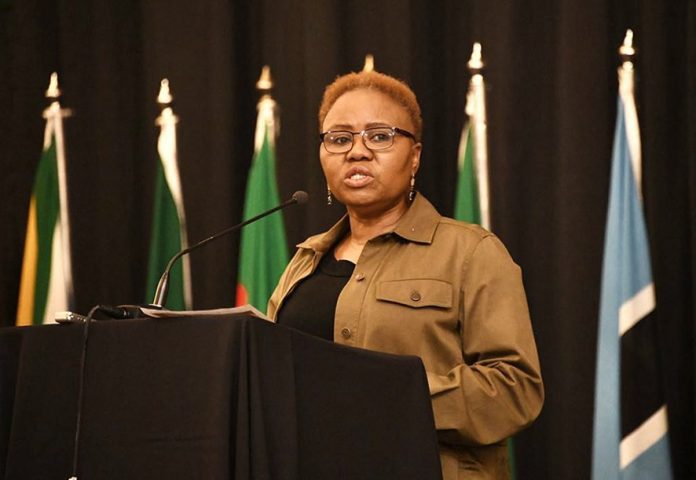Johannesburg – The Institute for Economic Justice (IEJ) has put forward radical proposals to fund the mooted basic income grant, including a hike in dividend tax, and is calling for all unemployed adults between the ages of 18-59 to be paid R585 a month.
The economics think-tank said in a research report that the measures it proposes would raise R158-billion to fund the grant, noting that taxation would be the primary source of funding.
The IEJ is firstly calling for the introduction of a social security tax (SST) on income. The institute has calculated that SST’s annual collection of R64.7-billion if a rate of 1.5% is levied on those earning up to R80 000 per annum, 2% on those earning between R80 000 and R350 000, 2.5% on those earning R350 000 to R1-million, and 3% on those earning above R1-million.
The entity is also calling for wealth tax on the top 1% richest South Africans, increase dividend tax to 25% from 20%, and the elimination of medical tax credits for those earning above half-amillion rand a year.
The IEJ is further calling for the elimination of retirement fund contribution deductions for those earning above R1-million and replacing estate duty with progressive inheritance tax as part of the measures to raise money for the grant.
“Government should commit to the introduction of a universal basic income grant (UBIG) as a means of dignity, freedom and economic prosperity. A UBIG has been considered by government for at least two decades without implementation. South Africa has a constitutional obligation to provide the UBIG. A UBIG enables people to live with greater dignity and freedom and serves as one of the main tools against economic decline,” said the IEJ.
In January, President Cyril Ramaphosa said that the government would consider the introduction of a basic income grant. Speaking at the party’s 109th anniversary celebrations, Ramaphosa said consideration for the grant comes after emergency financial measures introduced around the Covid-19 pandemic come to an end.
This was followed by Social Development Minister Lindiwe Zulu, who this month said her department has received widespread support for the introduction of a basic income grant with proposals and financing options for the plan expected to be finalised within the next financial year.
Trade union federation Cosatu’s Matthew Parks said the federation has always supported the call for a universal basic income or the basic income grant.
“In a country where 40% of people do not have jobs, we cannot afford to leave anyone behind. Engagements are taking place at Nedlac and with the alliance on how and not if a universal basic income or basic income grant can be implemented. The technical details are being engaged upon but still need further discussions, this includes how it could be funded,” Parks said.
The big question is how the government will fund the basic income grant following its deteriorating fiscal position.
In last month’s budget, the Treasury forecast the deficit to more than double to 14% of gross domestic product in the 2020/21 fiscal year.
Debt as a ratio of growth is seen reaching 87.3% by 2023. Mike van der Westhuizen, the portfolio manager at Citadel, said the universal basic income will not be tackling unemployment.
“A universal basic income system would only make sense if people were correctly incentivised to make use of the income to find employment or start a business,” he said.
Follow @SundayWorldZA on Twitter and @sundayworldza on Instagram, or like our Facebook Page, Sunday World, by clicking here for the latest breaking news in South Africa. To Subscribe to Sunday World, click here.



